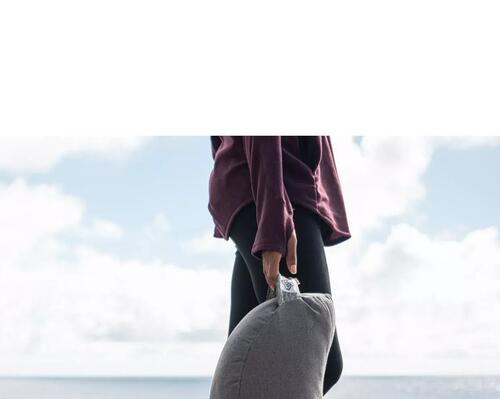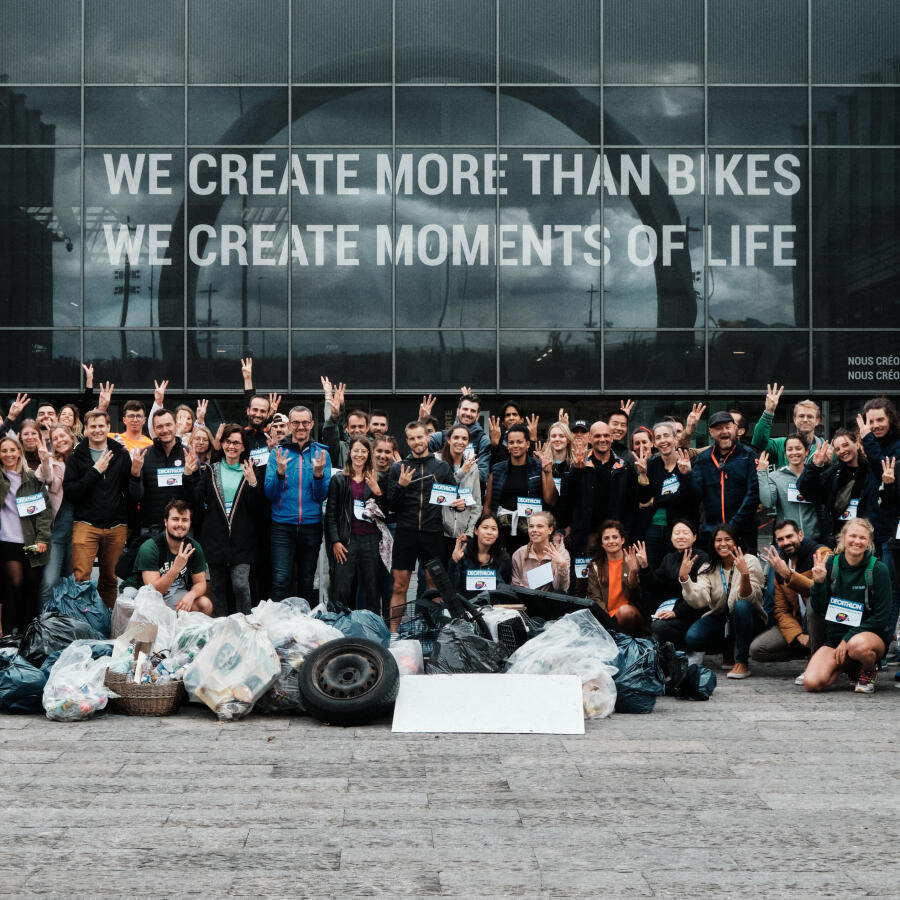Committed to 2050
At DECATHLON, we are aware that our activities have a significant impact on our environment, our playgrounds. As sportsmen and women, we see this every day in the places where we play.
That's why Decathlon is committed to helping achieve carbon neutrality by 2050, in line with the Paris Agreement, and in the short term to reducing our absolute emissions by 20% by 2026, compared to 2021. An ambition validated by SBTi, a corporate climate action organization that enables companies and financial institutions worldwide to play their part in combating the climate crisis.
This ambition represents a significant shift from its previous strategy, which focused on reducing its economic intensity.



















